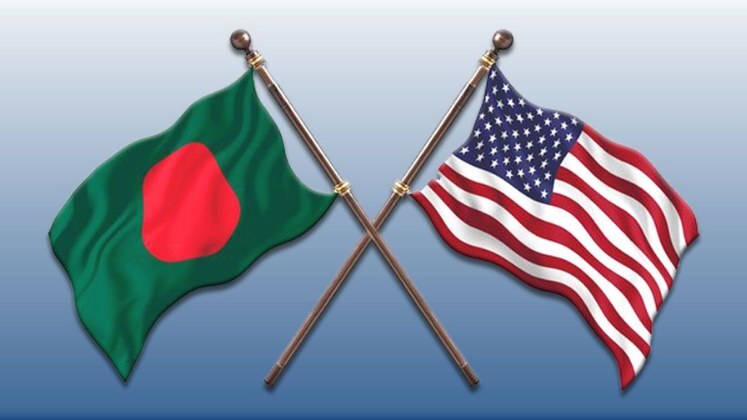
Experts and policymakers have called for a comprehensive national strategy to fully capitalise on the opportunities created by the recently signed Bangladesh-US tariff agreement.
The issue was discussed at a seminar titled Bangladesh-US Tariff Deal: How to Optimise Trade Benefit, organised by the Bangladesh Institute of International and Strategic Studies (BIISS) at its Dhaka auditorium on Wednesday.
Dr Anisuzzaman Chowdhury, Special Assistant to the Chief Adviser (Ministry of Finance), attended as chief guest, while Commerce Secretary Mahbubur Rahman was present as special guest. Major General Iftekhar Anis, Director General of BIISS, delivered the welcome remarks and chaired the session. BIISS Research Director Dr Mohammad Jasim Uddin offered the vote of thanks.
In their keynote presentations, Dr Mahfuz Kabir, Research Director of BIISS; Prof Dr Golam Rasul of IUBAT; and BGMEA Senior Vice President Inamul Haq Khan outlined the implications of the deal for Bangladesh’s export competitiveness.
Under the agreement, the reciprocal tariff rate for Bangladeshi goods entering the US market has been lowered from 35% to 20%, effective from 1st August. Speakers described the development as a “major diplomatic gain,” placing Bangladesh on par with regional rivals such as Vietnam, Indonesia, Cambodia, Pakistan and Sri Lanka, while improving its relative competitiveness over India and Myanmar.
They stressed that the United States remains one of Bangladesh’s biggest export destinations, particularly for apparel, and that the tariff cut could create significant opportunities for expanding bilateral trade.
At the same time, experts warned against complacency, noting that shifts in the global tariff environment demand swift and coordinated policy responses. “To reap the full benefits of this agreement, Bangladesh must frame a comprehensive strategy that covers the entire trade ecosystem,” one presentation underlined.
The open-floor discussion saw participation from senior government officials, diplomats, military officers, academics, business leaders, researchers, journalists, and students, who shared a range of perspectives and recommendations on the way forward.






